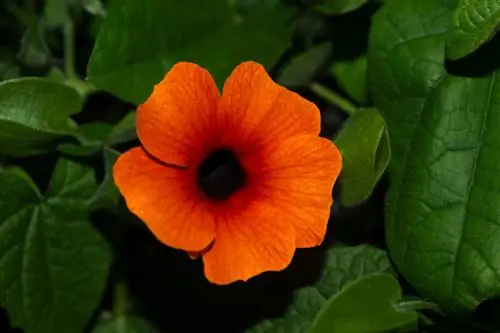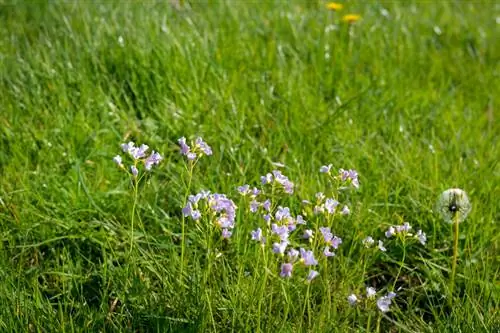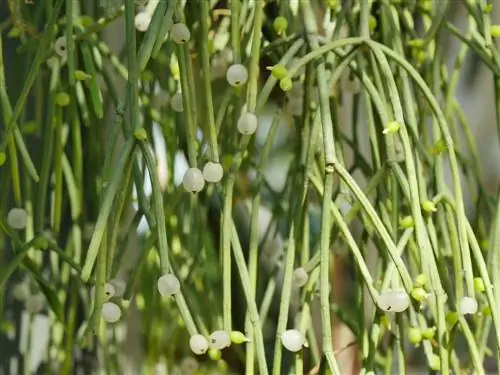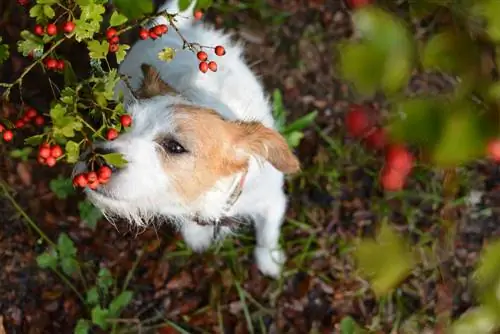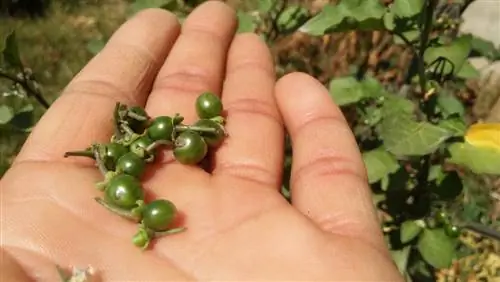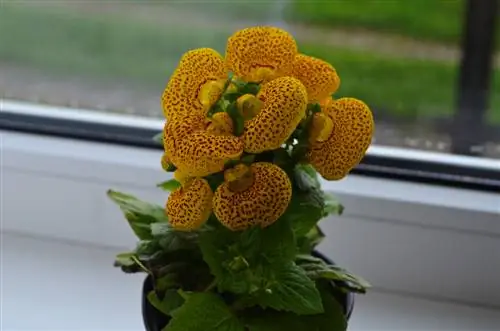- Author admin leonars@hobbygardeners.com.
- Public 2023-12-16 16:46.
- Last modified 2025-01-23 11:20.
The black-eyed Susan (Thunbergia alata) is very popular with garden owners who want to grow an opaque flower hedge in summer. Since neither flowers nor leaves contain toxic substances, the plant is also suitable for adding greenery to cat nets.
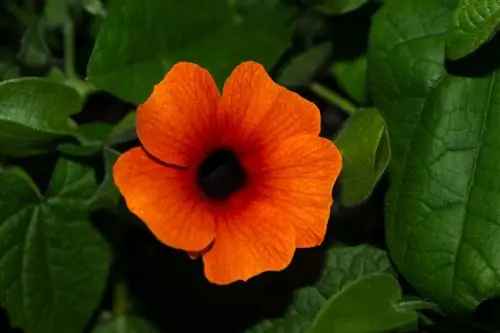
Is the Black-eyed Susan poisonous?
The black-eyed Susan (Thunbergia alata) is completely non-toxic to humans, dogs and cats as it contains no toxins in its flowers, leaves or stems. It is therefore ideal for greening gardens, balconies or cat nets.
The Black-Eyed Susan contains no toxins
Despite their striking colors, the flowers of the black-eyed Susan, which comes from Africa, do not contain any toxins. The leaves and stems are also completely non-toxic.
The pretty climbing plant is therefore ideal for growing in the garden, on the balcony or on the terrace, even if there are small children there.
Black-eyed Susan is usually kept as an annual in our latitudes, although it grows as a perennial in its homeland. If you want to try to overwinter the plant indoors, you can do so without hesitation as it poses no dangers.
Safe for dogs and cats
The black-eyed Susan is also a recommended ornamental plant for dog and cat owners.
Due to the absence of any toxins, Susans are not harmful to pets, even if dogs, cats, rabbits or hamsters occasionally nibble on the leaves and flowers.
It is said that there are even pet owners who occasionally enrich the food of their birds and exotic animals such as bearded dragons with the flowers of the black-eyed Susan.
As greenery for cat nets
If you have made your balcony accessible to your cats with a cat net, you can safely plant black-eyed Susans in boxes and let them climb up the net.
Tips & Tricks
The black-eyed Susan is not only not poisonous, but is even edible. The flowers can be used in flower salads. They also look very decorative on salad plates.

